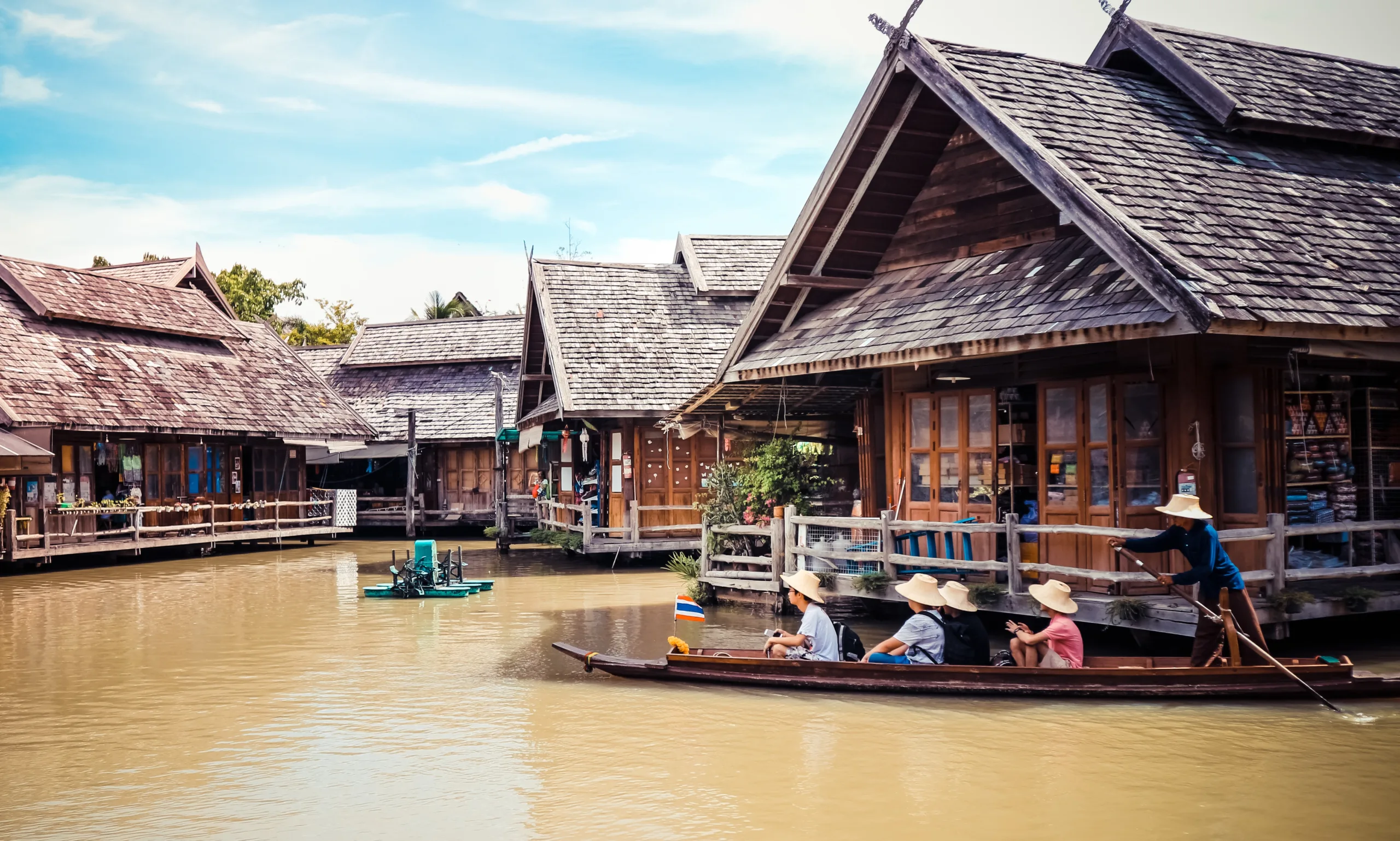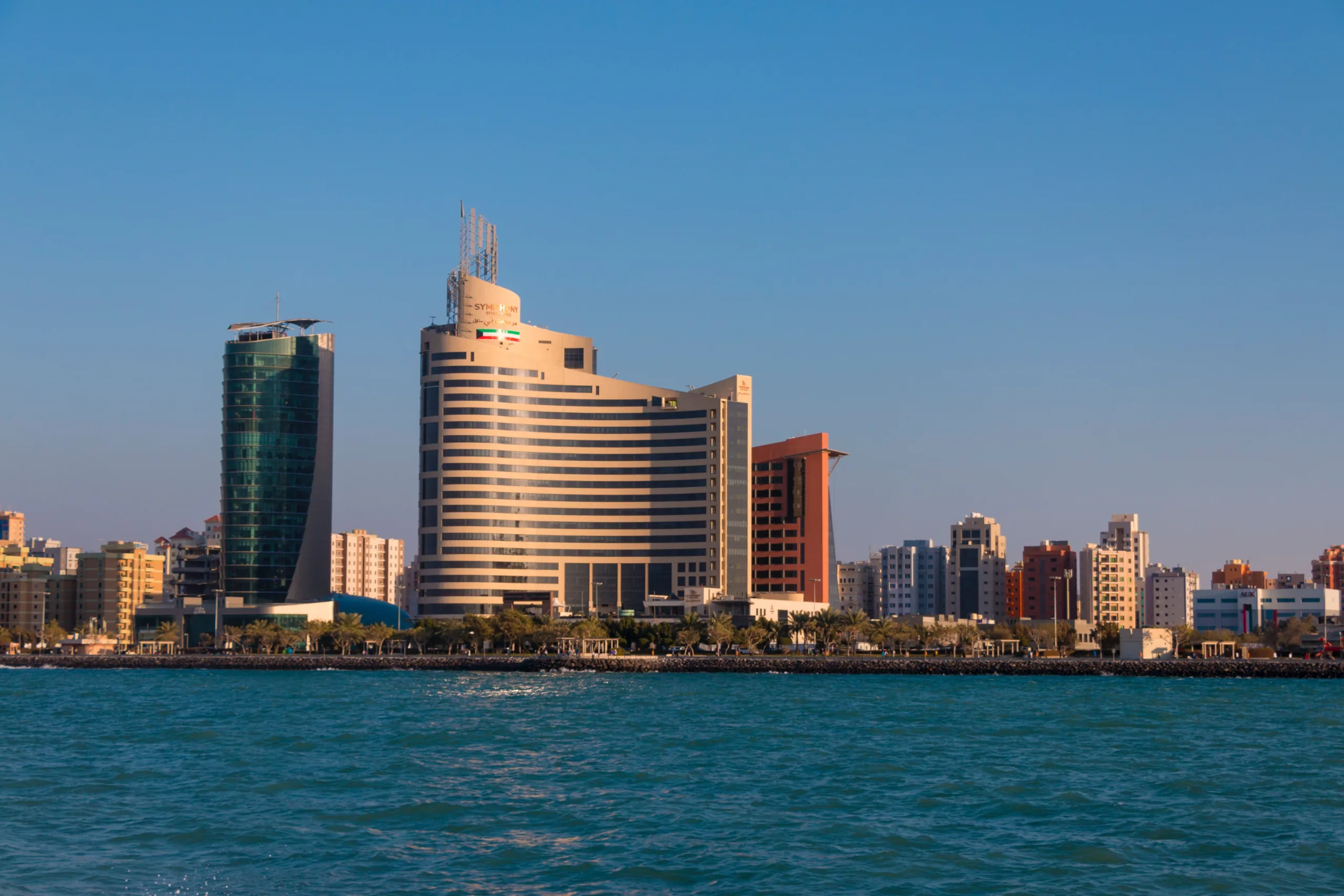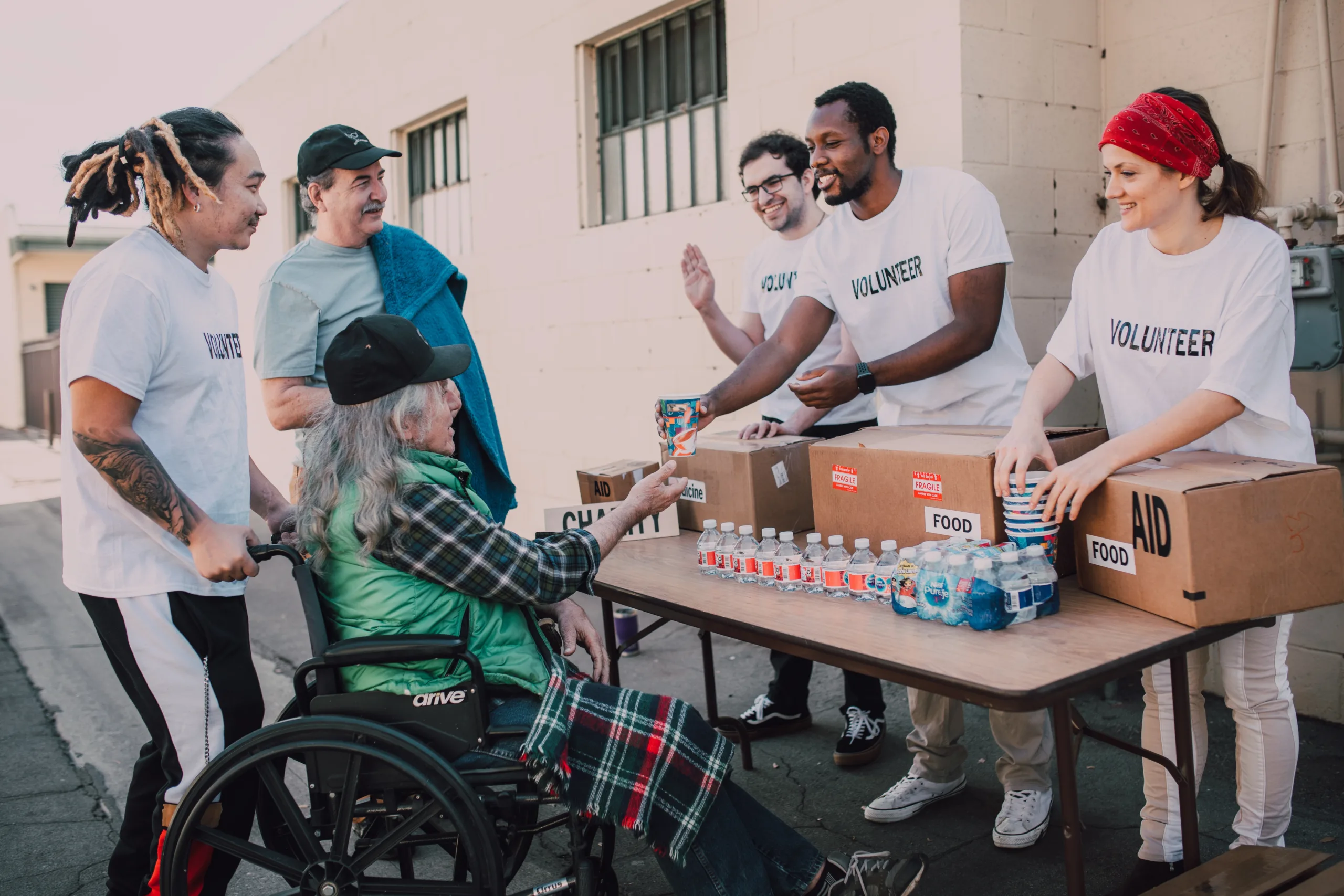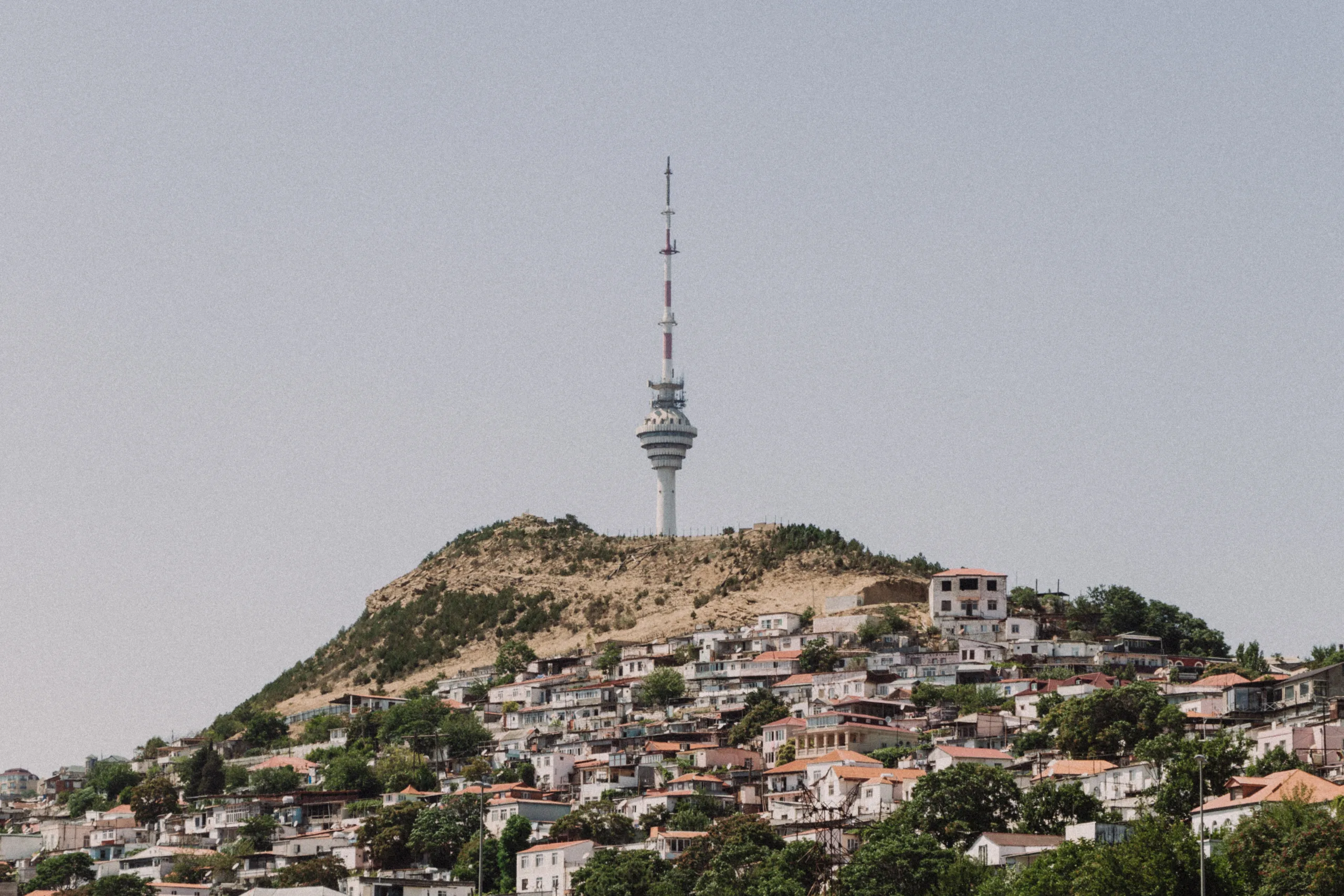F1 Visa Slots: Embarking on an adventure in global education is a thrilling and life-changing journey. As you prepare to study abroad, one of the crucial steps in the process is securing an F1 visa slot. The F1 visa is a gateway to pursuing your academic dreams in the United States and understanding the process of obtaining it is essential.
In this guide, we’ll walk you through the ins and outs of securing F1 visa slots, providing you with valuable insights and practical tips for a smooth application process.
Understanding the F1 Visa
Before delving into the details of securing F1 visa slots, let’s grasp the fundamentals of what an F1 visa entails. An F1 visa is a non-immigrant student visa that allows international students to enter the United States for the purpose of pursuing academic studies at accredited educational institutions. It’s important to note that the F1 visa is issued on an individual basis and does not cover dependents. Once you’ve been accepted into a U.S. academic institution, obtaining an F1 visa becomes the next crucial step in your study abroad journey.
The F1 Visa Application Process
Securing an F1 visa slot involves navigating through a well-defined application process. Here is a detailed breakdown of the steps you can anticipate:
- Receive Your Form I-20: Before applying for an F1 visa, you’ll need to receive a Form I-20 from the U.S. academic institution where you’ve been accepted. This form confirms your acceptance and outlines the program’s details, including the start date.
- Pay the SEVIS Fee: The Student and Exchange Visitor Information System (SEVIS) fee is a mandatory payment that supports the maintenance of the system that tracks and monitors international students. You must pay this fee before your visa interview.
- Fill out the DS-160 Form: The DS-160 is a digital application for non-immigrant visas that collects your personal and background information and is used by consular officers to determine your eligibility for a visa.
- Schedule a Visa Interview: After completing the DS-160 form and paying the SEVIS fee, you can schedule your visa interview at the U.S. embassy or consulate in your home country. It’s advisable to schedule the interview well in advance, as slots may fill up quickly, especially during peak seasons.
- Gather Required Documents: Prepare a comprehensive set of documents for your visa interview. This typically includes your passport, Form I-20, DS-160 confirmation page, SEVIS fee receipt, financial documents, and evidence of ties to your home country.
- Attend the Visa Interview: The visa interview is a crucial step in the process. Dress professionally, arrive early, and be prepared to answer questions about your academic plans, financial stability, and intentions to return to your home country after completing your studies.
- Wait for Visa Processing: After the interview, the consular officer will determine whether you are eligible for an F1 visa. If approved, you will receive your visa along with instructions on when you can enter the United States.
Tips for Securing F1 Visa Slots
Securing an F1 visa slot requires careful planning and preparation. Here are some useful tips to increase your likelihood of success:
- Commence Early: Initiate the visa application process promptly upon receiving your Form I-20. This will give you ample time to complete all requirements and schedule your interview.
- Practice Interview Questions: Conduct mock visa interviews with friends or family members to practice answering common interview questions with confidence and clarity.
- Financial Documentation: Provide clear and accurate financial documents to demonstrate your ability to cover tuition, living expenses, and other costs during your stay in the U.S.
- Ties to Home Country: Highlight your strong ties to your home country, such as family, job opportunities, or property ownership. This helps assure the consular officer of your intention to return after your studies.
- Be Honest and Concise: During the interview, answer questions honestly and succinctly. Avoid providing excessive or unnecessary information.
Common Reasons for Visa Denial
While securing an F1 visa slot is a significant milestone, it’s important to be aware of potential reasons for visa denial. Some common reasons include:
- Insufficient funds to cover educational expenses.
- Incomplete or inaccurate documentation.
- Ineligibility based on criminal or security grounds.
Conclusion
Securing an F1 visa slot is a vital step on your study abroad roadmap. By understanding the application process, preparing diligently, and presenting a strong case during the interview, you can increase your chances of obtaining this crucial visa. Remember, each applicant’s journey is unique, and while challenges may arise, thorough preparation and a positive attitude can pave the way for a successful outcome. As you embark on your study abroad adventure, keep your sights set on your academic goals and the exciting experiences that await you in the United States.
List of Resources
- U.S. Department of State – Student Visa
- SEVIS Fee Payment
- DS-160 Online Application Form
- U.S. Embassies and Consulates
“Education stands as the most potent tool to reshape the world.” – Nelson Mandela
Frequently Asked Questions (FAQs)
Navigating the process of obtaining an F1 visa and embarking on a study abroad journey can raise many questions. To provide you with clarity and guidance, we’ve compiled a list of frequently asked questions along with comprehensive answers. Whether you’re curious about visa application procedures, academic challenges, or cultural adjustments, we’ve got you covered.
Q1: What is an F1 visa, and how does it differ from other types of U.S. visas?
A1: An F1 visa is a non-immigrant student visa that allows international students to study in the United States. Unlike other visa types, such as tourist visas, the F1 visa is specifically designed for academic purposes and requires enrollment at an accredited educational institution.
Q2: When should I start the F1 visa application process?
A2: It’s recommended to start the F1 visa application process as soon as you receive your Form I-20 from your U.S. academic institution. This allows you ample time to complete the required forms, pay the necessary fees, and schedule your visa interview.
Q3: How can I schedule a visa interview?
A3: To schedule a visa interview, visit the official website of the U.S. embassy or consulate in your home country. You will need to create a profile, complete the DS-160 form, pay the SEVIS fee, and then select an available slot for your interview.
Q4: What documents do I need for the F1 visa interview?
A4: You should bring several documents to your F1 visa interview, including your passport, Form I-20, DS-160 confirmation page, SEVIS fee receipt, financial documentation, academic transcripts, standardized test scores (if required), and any additional materials requested by the embassy or consulate.
Q5: How can I prepare for the academic rigor of studying abroad?
A5: To prepare for the academic challenges, consider improving your time management skills, participating in study groups, seeking help from professors or tutoring centers, and utilizing resources provided by your academic institution.
Q6: What should I do if I’m struggling with coursework or language barriers?
A6: If you’re facing challenges with coursework or language barriers, don’t hesitate to seek assistance from professors, language support programs, or academic advisors. Joining study groups and attending workshops can also help you overcome these obstacles.
Q7: How can I balance academics and extracurricular activities effectively?
A7: Balancing academics and extracurricular activities requires careful planning. Create a study schedule, prioritize tasks, and allocate specific time slots for your hobbies and social engagements. Time management tools and techniques can be valuable assets.
Q8: What can I do to overcome homesickness and adapt to a new culture?
A8: To overcome homesickness and adapt to a new culture, immerse yourself in local activities, make new friends, explore the city, and engage in cultural events. Connecting with fellow international students can provide a support network and a sense of belonging.
Q9: How can I make the most of my study abroad experience beyond academics?
A9: Engaging in extracurricular activities, volunteering, and participating in clubs or sports can help you create a well-rounded study abroad experience. These activities not only enrich your time abroad but also provide opportunities to make lasting memories.
Q10: What personal growth can I expect from my study abroad journey?
A10: Studying abroad offers numerous opportunities for personal growth, including increased independence, adaptability, cultural awareness, and improved communication skills. Overcoming challenges and stepping out of your comfort zone contribute to your overall development.
Also Read:
 Thailand Visa For Pakistanis
Thailand Visa For Pakistanis  Romania Visa From Pakistan
Romania Visa From Pakistan  Kuwait Visa For Pakistan
Kuwait Visa For Pakistan  UK Charity Visa
UK Charity Visa  Azerbaijan E Visa Fee For Pakistan
Azerbaijan E Visa Fee For Pakistan  New Zealand Recovery Visa
New Zealand Recovery Visa